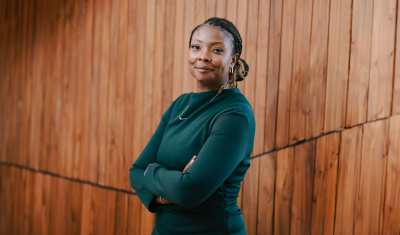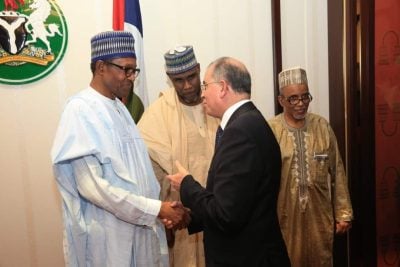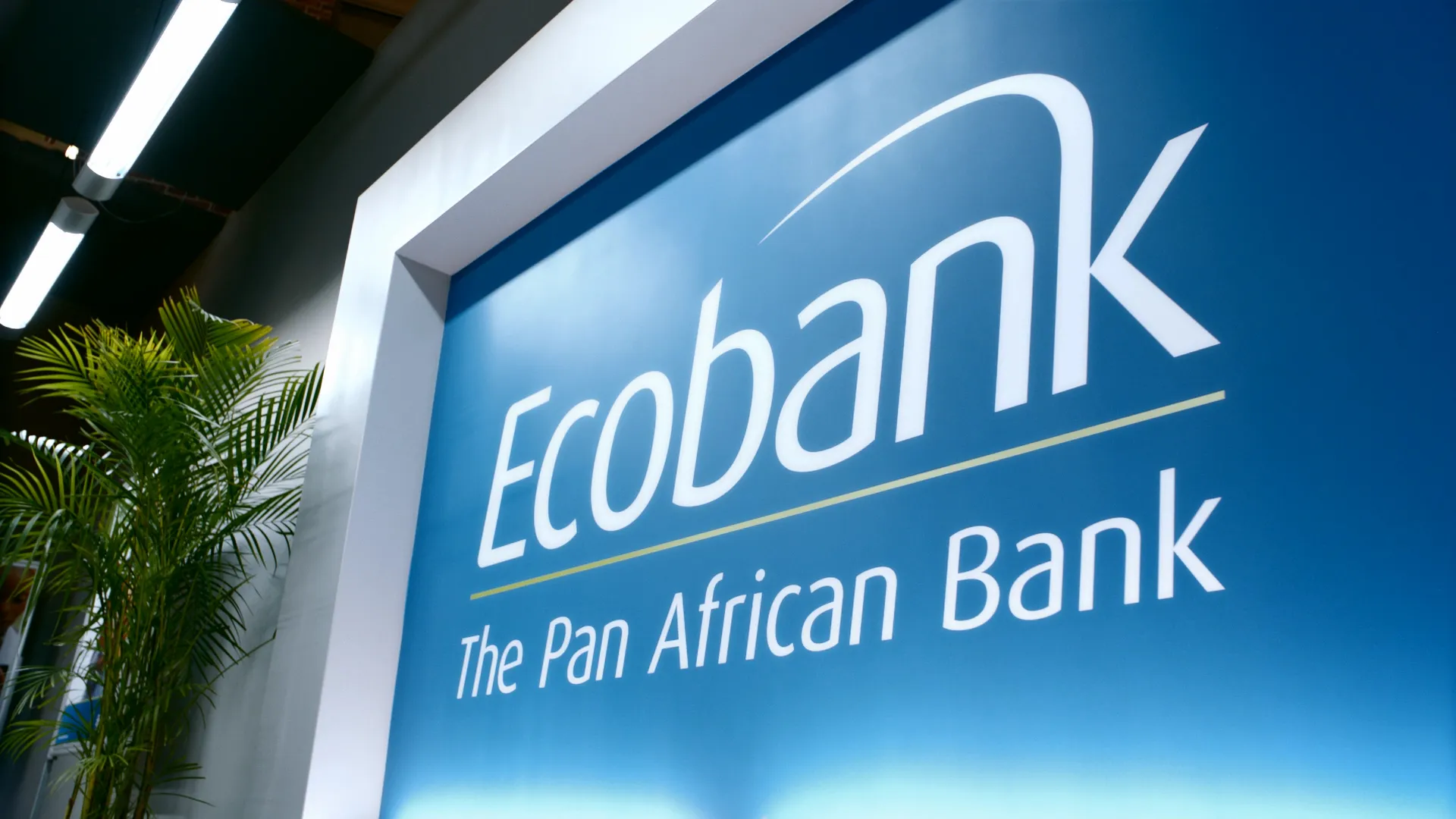
Tanzania’s wealthiest man, Mohammed Dewji, is betting heavily on the Rwandan economy as he plans to make a series of multimillion investments in the capital Kigali through his business conglomerate, Mohammed Enterprises Tanzania Limited (MeTL) Group.
Dewji, popularly known as Mo, is looking to invest $100m in four prominent companies operating in strategic sectors in Rwanda. Forbes has listed him as the 13th richest person in Africa, with an estimated net worth of $1.5bn.
Following a September meeting in Dar es Salaam between the 48-year-old CEO, Rwanda’s Minister of Agriculture and Animal Resources, Ildephonse Musafiri, and the Deputy Chief Executive of the Rwanda Development Board (RDB), Nelly Mukazayire, MeTL got the green light to invest in one of Africa’s fastest-growing economies.
“Their discussions focused on strengthening collaboration and ways of speeding up investments of the group in Rwanda,” reads a tweet by the Ministry on X (formerly Twitter). “As a businessman, I’m grateful for the support & facility of Rwanda’s institutions,” Dewji responded.
Prior to this, Dewji had revealed his plans to invest in Rwanda during a 2021 interview with Forbes. “I told President Paul Kagame that I was going to invest $50m.” But he has now doubled that.
MeTL has already acquired land in Rwanda for the investment. The $100m will be invested in four Rwandese companies, specialising mainly in the manufacturing and processing sectors, especially the production of carbonated beverages, soap, wheat and maize flour, edible oil, plastic bottle recycling, agriculture, and fuel storage.
Business flourishing
In Tanzania, the company has access to a vast amount of farmland for investment, and reportedly owns about 40,000 hectares of farmland across the country. However, in 2019, the Tanzanian government, under former President John Magufuli, threatened to revoke MeTL’s land ownership of six commercial farmlands, having revoked another six in
Tanga, a port city in the northeast, for keeping them undeveloped for too long, against the provisions of local land laws.
But with the new administration under President Samia Suluhu Hassan, MeTL’s business fortunes have flourished, creating 7,000 new jobs in 2022 alone.
The conglomerate, which is active in textile manufacturing, flour milling, beverages and edible oils has operations in 11 countries in Eastern, Southern and Central Africa, where it supplies over 150 diverse products. The family-owned group employs over 38,000 workers in the countries it operates in.
In Tanzania, it accounts for over 5% of the formal employment sector. In another interview, Dewji promised President Suluhu Hassan that he would grow the company’s employment figures fivefold.
“I have promised her that in the next five years, I’ll employ 100,000. Tanzania is one of the fastest-growing countries in Africa. I am going to continue investing more into the country and of course, in the region.” As of 2022, the CEO said the group’s revenue had topped $2bn.
Sky-high ambitions
Over the past few years, MeTL has been undertaking serious investments in an effort to keep up with its rivals, multinational brands like Coca-Cola and Unilever.
“I am setting up factories everywhere where Pepsi and Coca-Cola are, and I am hoping that the one billion bottles [which we produce] can reach 3 to 4 billion bottles in the next 24 to 36 months,” he said in an interview with CNN earlier this year.
He also plans to invest an additional $50m into planting “a couple of thousand hectares of new hybrid tea that I can export – and also make more tea locally.”
Last year, Dewji said he plans to float an agriculture company worth up to $4bn on the New York or London stock exchanges this year, with money raised mainly from development banks.
Rwanda’s fast-growing economy
With a population of about 13m people as of 2022, Rwanda, popularly called the ‘land of a thousand hills’, enjoys a robust economy, and is one of the fastest-growing economies in the continent.
Rwanda’s economy grew by 9.2% in the first quarter of 2023, following an 8.2% growth in 2022, according to the World Bank. This, the World Bank says, is attributable to a rise in private consumption in the services sector, easing inflation and improvements in the labour market.
“Foreign direct investment inflows, supported by a favourable regulatory environment, have played a crucial role in generating higher-quality jobs and access to social security, compared to their domestic counterparts,” says the Bank.
According to Peace Aimee Niyibizi, World Bank country economist for Rwanda, a “narrowing fiscal deficit, coupled with strong economic growth, has contributed to a reduction in Rwanda’s debt as a percentage of GDP for the first time since 2013”.
The fiscal discipline is now attracting foreign investors. “The government is encouraged to maintain a path of fiscal consolidation by rationalising expenditure and raising domestic revenues amid declining foreign aid,” adds Niyibizi.
Currently, the country has a GDP of over $10.3bn according to the World Bank. This growth owes to the country’s commitment to guarding its political stability since the 1994 genocide. Though Tanzania’s GDP reached $75.5bn in 2022, at 4.7%, its economic growth has been slower.
Rwanda’s manufacturing sector, which contributes over 17% of the country’s GDP, has witnessed massive growth over the years, with a compound annual growth rate of 4.3% between 2010 and 2019.
It is focused on the production of a range of products including food, beverages, textiles, pharmaceuticals, chemicals and electronics. This derives from increased industrialisation of the economy and government involvement in manufacturing industries, according to the World Bank.
The country has also been welcoming to foreign investors, with several investment incentives such as tax exemptions on capital investments and duty-free imports of raw materials, available to foreign investors looking to set up manufacturing operations there. In 2022, net foreign direct investment inflows for Rwanda reached $398.5m – a 3% contribution to GDP.
The economy has an investment promotion division at the Rwanda Development Board (RDB) that reaches out to investors with specific investment opportunities through international road shows as well as individual business presentations by foreign office representatives.
The agency’s website adds: “It also facilitates prospecting investors coming to Rwanda by putting them in contact with people and entities they wish to meet.” It is within this premise that the Ministry met Dewji to interest him in investing in the country.
It is this approach that is attracting MeTL to Kigali. Given a welcoming, supportive and conducive environment, the MeTL group should be well poised to achieve immense growth in the country, whilst benefiting it through employment creation and more economic growth.
Dewji’s endless energy
Dewji, who is also Africa’s youngest billionaire, took over the running of the MeTL business, which was established in the 1970s, from his father, Gulam Dewji. But to have reached the current levels of success, Mo Dewji has had to put an enormous amount of effort into the business.
He says he spends “100 hours a week growing MeTL into a pan-African conglomerate.” He is credited for single-handedly driving MeTL’s revenues up from $30m in 1999 to over $2bn in 2022. In June this year, he was presented with the Industrialist of the Year honour at the 2023 All Africa Business Leaders Awards (AABLA).
Despite being kidnapped and held incommunicado for a while in 2018, he does not appear to have slowed down at all; on the contrary, his appetite to conquer more markets and achieve more milestones seems to have increased. “I’m still passionate about work. I just cannot have an idle mind,” says the fitness fanatic.
Want to continue reading? Subscribe today.
You've read all your free articles for this month! Subscribe now to enjoy full access to our content.
Digital Monthly
£8.00 / month
Receive full unlimited access to our articles, opinions, podcasts and more.
Digital Yearly
£70.00 / year
Our best value offer - save £26 and gain access to all of our digital content for an entire year!

 Sign in with Google
Sign in with Google 



